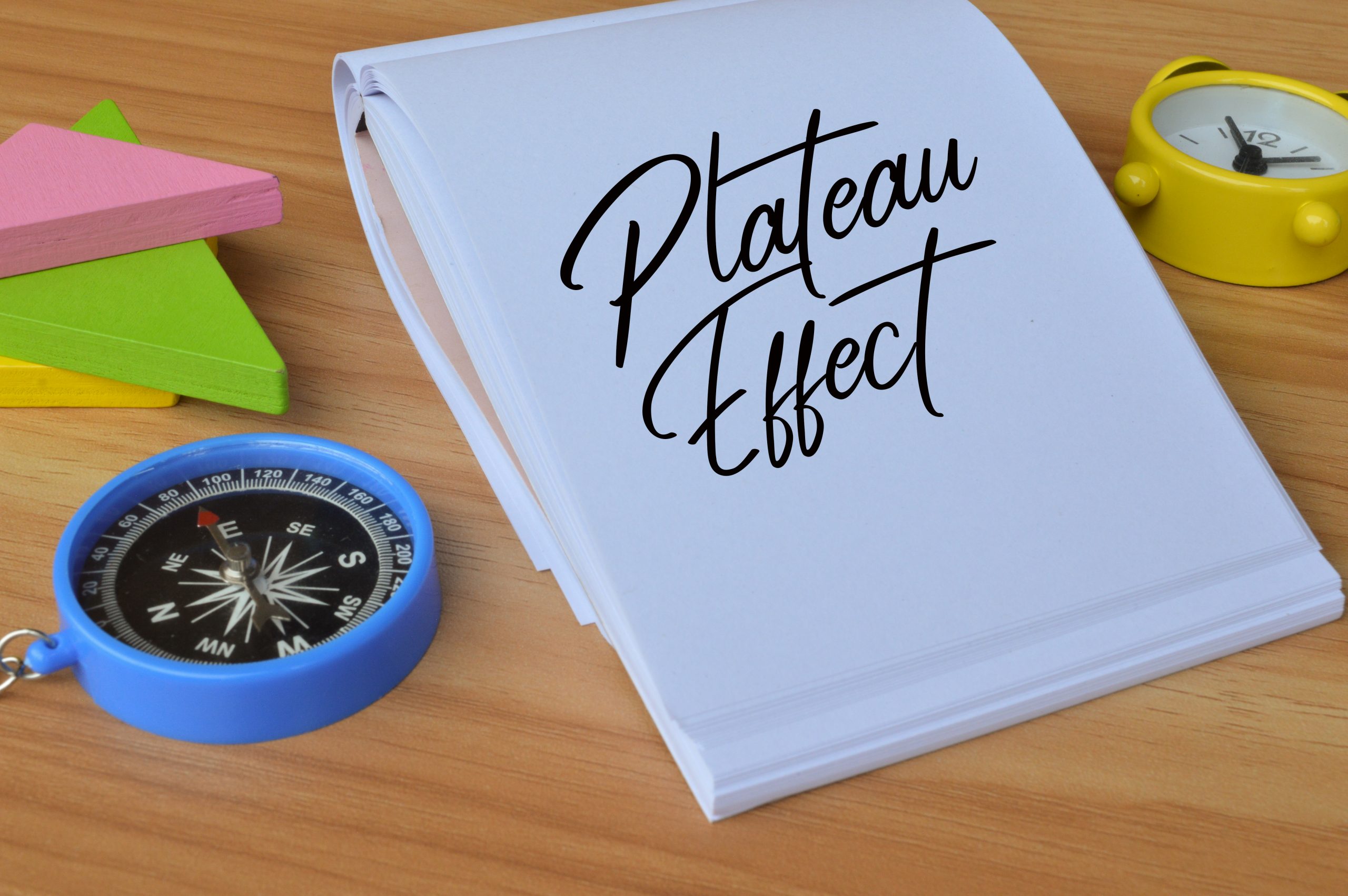Weight loss plateaus can be frustrating and demotivating, but they are a common part of the weight loss journey. It’s important to remember that weight loss is not always linear, and our bodies may reach a point where progress slows down. However, with the right strategies and mindset, you can break through these plateaus and continue your weight loss journey successfully. In this article, we will explore effective strategies for managing weight loss plateaus.
- Reevaluate Your Calorie Intake: As you lose weight, your body’s calorie needs may change. It’s essential to reevaluate your calorie intake and adjust it accordingly. Use a food diary or a calorie-tracking app to monitor your intake and ensure you’re still in a calorie deficit. Be mindful of portion sizes and hidden calories in sauces, dressings, and snacks.
- Focus on Nutrient-Dense Foods: Sometimes, weight loss plateaus occur because our bodies adapt to the calorie deficit. To overcome this, prioritize nutrient-dense foods that provide essential vitamins, minerals, and fiber. Include plenty of fruits, vegetables, lean proteins, whole grains, and healthy fats in your diet. These foods will keep you feeling satisfied while nourishing your body.
- Increase Protein Intake: Protein plays a crucial role in weight loss as it helps control appetite, preserve lean muscle mass, and boost metabolism. Increase your protein intake by incorporating foods like lean meats, fish, eggs, legumes, and dairy products into your meals. Protein-rich snacks like Greek yogurt or a handful of nuts can also help curb hunger and support weight loss.
- Adjust Your Workout Routine: Plateaus can occur when our bodies become accustomed to our exercise routine. Shake things up by incorporating new exercises, increasing intensity, or trying different workout formats. High-intensity interval training (HIIT), strength training, and cardiovascular exercises can help rev up your metabolism and stimulate weight loss.
- Monitor Non-Scale Indicators: Weight loss plateaus don’t always reflect the full picture. Pay attention to non-scale indicators of progress, such as measurements, body composition, or how your clothes fit. These indicators can show that your body composition is changing, even if the scale isn’t moving.
- Stay Hydrated: Proper hydration is essential for weight loss and overall health. Drinking enough water helps support digestion, metabolism, and appetite control. Sometimes, dehydration can mask weight loss progress. Aim to drink at least 8 cups (64 ounces) of water per day and more if you are physically active or in hot weather.
- Prioritize Sleep and Stress Management: Lack of sleep and chronic stress can impact weight loss progress. Poor sleep affects hunger hormones and can lead to increased cravings and slower metabolism. Practice good sleep hygiene by creating a consistent sleep routine and creating a relaxing environment. Additionally, manage stress through techniques like meditation, deep breathing, or engaging in hobbies that bring you joy.
- Be Mindful of Mindless Eating: Weight loss plateaus can occur when we become less mindful of our eating habits. Avoid mindless eating by practicing portion control, eating slowly, and paying attention to hunger and fullness cues. Minimize distractions while eating, such as TV or screens, and savor your meals.
- Track Your Progress: Keep track of your food intake, exercise, and other factors that can impact weight loss. Use a journal, an app, or a spreadsheet to monitor your progress. This can help you identify patterns, make adjustments, and stay accountable to your goals.
- Stay Positive and Patient: Weight loss plateaus are normal, and it’s important to maintain a positive mindset and be patient with yourself. Celebrate the progress you have made so far, and remember that breaking through a












